As we’ve already noted, you shouldn’t be too afraid to make a mistake. In most cases, it’s not a big deal.
If you’re still worried about errors, though, here are a few real-life scenarios you might find yourself in and how they can be handled:
- You use the wrong signal – If you want to make a certain move but accidentally signal another, there’s unfortunately not a lot you can do to correct your mistake. Whichever signal you make first usually takes precedence. The decision is final as soon as the dealer reacts to it. Thankfully, a single mistake like this won’t cost you much, and you can use it as a learning experience.
- You use two signals, one after the other – If you quickly attempt to correct a signal with a different one, the first signal you use is the one the dealer will accept. The dealer might be understanding enough to accept your correction, but most casino policies require them to stick to the first decision you make. That said, different venues have different policies.
- You say one thing, but signal another – If your signal and words contradict each other, the signal is typically the accepted move. However, in this event, the dealer will likely ask you to clarify or repeat your decision.
- The dealer misinterprets your signal – If you’re confident that you made one signal but the dealer misinterpreted it, you should notify them. This will likely lead to dispute resolution – especially if the mistake caused you to lose a bet you otherwise might have won. Either way, don’t be afraid to speak up – things like this happen all the time, and the casino staff is trained to deal with them.
- You trigger a security review – Let’s say you accidentally wave your cards with both hands or move chips around after betting closes. This might cause casino staff to intervene or even go through a security review. Don’t be too nervous – if it was truly an honest mistake, the worst that could happen is having your bet voided.
FAQ
- Can I talk instead of signal?
In most cases, players are required to use hand signals because they can be recorded by cameras. However, some casinos are perfectly fine with using words only. If you want to be certain, it’s best to check with the dealer.
- What happens if you forget to use a hand signal?
The dealer will simply ask you to use the correct signal, if necessary. If the casino’s policies accept spoken decisions, the game will simply progress as normal.
- Are hand signals used in online blackjack?
No. Both RNG-based and live dealer blackjack games use betting interfaces. Bets are made and communicated by clicking the right buttons on a screen, and no signals are required.
- How do you tell a dealer you want to split in blackjack?
To indicate a split in blackjack, hold up your index finger and your middle finger to make a ‘V’ shape.
- What is the hand signal for surrender in blackjack?
The standard signal for surrendering in blackjack is drawing an imaginary horizontal line on the table using your finger.
- What is the hand signal for double in blackjack?
To signal a Double in blackjack, simply place an additional bet next to your initial bet and then point at your cards.
- What if the dealer misreads me?
Notify the dealer, who will likely call in another member of the casino staff, such as the pit boss. They will likely check the cameras to see whether the dealer misread you or you simply used the wrong signal. In either case, you’ll have to resolve the dispute with the staff.
- Do signals differ in high-limit rooms?
No, blackjack hand signals are largely standard no matter the table’s limits or rules.
- How soon can I touch my chips after win?
You can touch your chips as soon as your bet is resolved – i.e. as soon as you win or tie. If you lose, the dealer will simply take the chips from you.
Conclusion
Hand signals are an integral part of blackjack. If you’re planning to play the game at a real-life table, learning them is a necessity.
While memorable and easy to learn, blackjack hand signals can still be a bit daunting for beginners. Many rookies are anxious about making a mistake while having to juggle the complex rules and gameplay of blackjack.
However, you shouldn’t be afraid of making a mistake. Dealers are typically understanding towards beginners, and most mistakes can be easily corrected or avoided. Moreover, these signals can be easily practised at home, where you don’t have to worry about errors or disputes.
In any case, knowing the right signals is merely one of the first steps towards blackjack mastery. It’s a highly strategic game, and we advise all beginners to study up on blackjack strategy and general tips for playing the game.
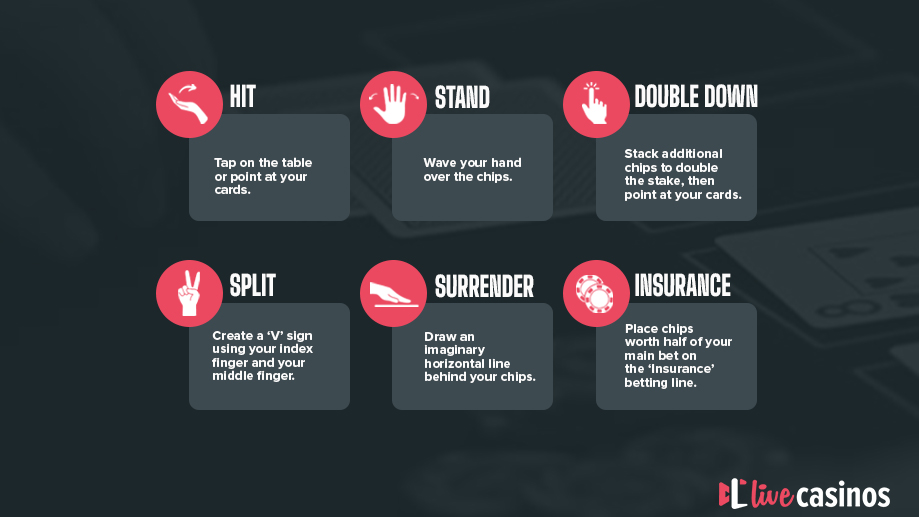









































 Roulette
Roulette
 Blackjack
Blackjack
 Baccarat
Baccarat
 Poker
Poker
 Sic Bo
Sic Bo
 Dragon Tiger
Dragon Tiger
 Game Shows
Game Shows  Top 5 Games
Top 5 Games  See more
See more  Roulette Casinos
Roulette Casinos  Low Limit
Low Limit  High Limit / VIP
High Limit / VIP  Exclusive
Exclusive  How to Play
How to Play  Basic Strategy
Basic Strategy  Top Tips
Top Tips  FAQ
FAQ  Blackjack Casinos
Blackjack Casinos  Baccarat Casinos
Baccarat Casinos  Bonuses
Bonuses  Poker Casinos
Poker Casinos  Game Providers
Game Providers  Sic Bo Casinos
Sic Bo Casinos  Dragon Tiger Casinos
Dragon Tiger Casinos  Credit and Debit Card
Credit and Debit Card  e-Wallet
e-Wallet  Cryptocurrency
Cryptocurrency  Bank and Checks
Bank and Checks  Pay by Phone and SMS
Pay by Phone and SMS  See more
See more  How-To Guides
How-To Guides  Top Lists
Top Lists  In-Depth
In-Depth  Strategy
Strategy  Casino & Games
Casino & Games  Insight
Insight  News
News  Promotions
Promotions 
 Guide to Live Casinos
Guide to Live Casinos  Top 10 Live Casino Tips
Top 10 Live Casino Tips  Studio Locations
Studio Locations  FAQ & Help
FAQ & Help  Meet The Dealers
Meet The Dealers  Our Awards
Our Awards  How We Rate
How We Rate  Responsible Gambling
Responsible Gambling 




























 ENG
ENG 


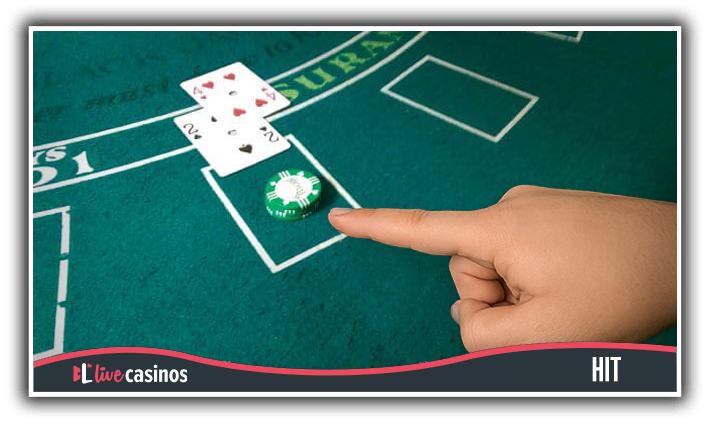
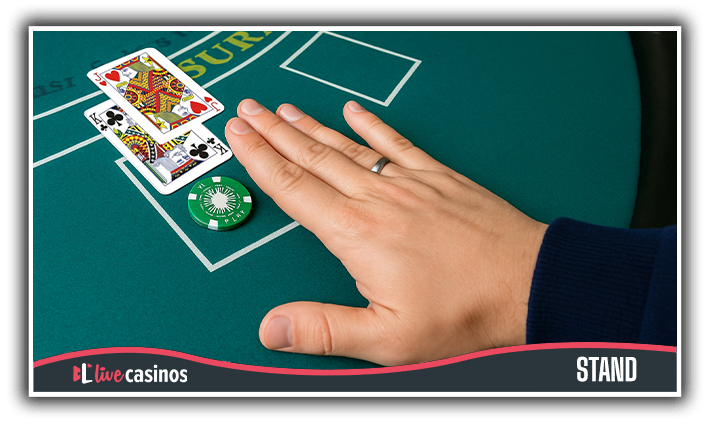
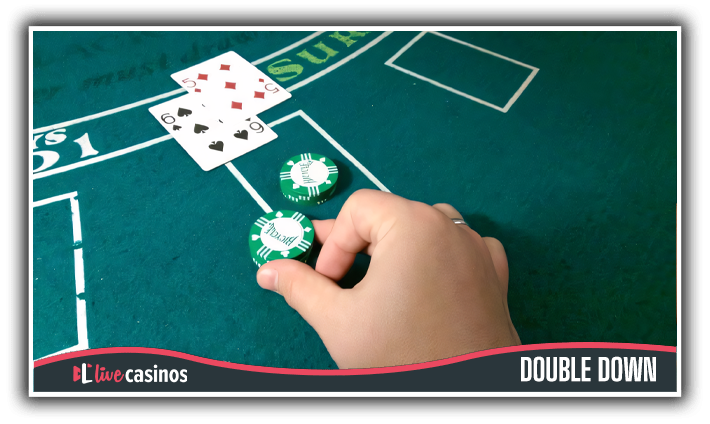
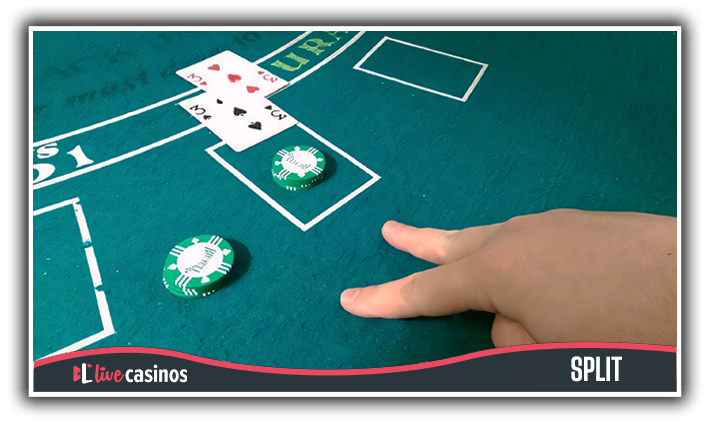
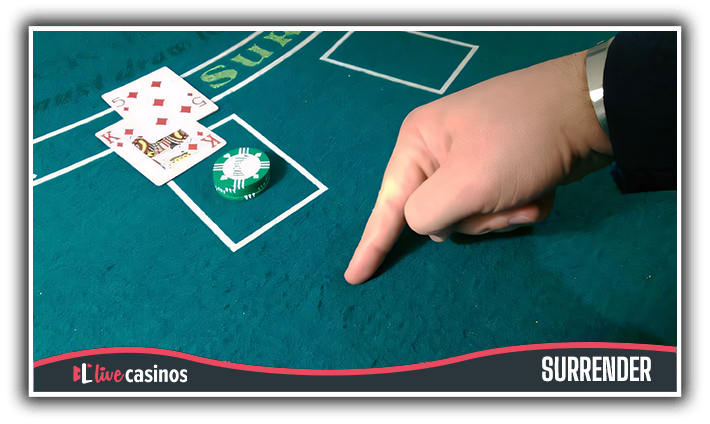
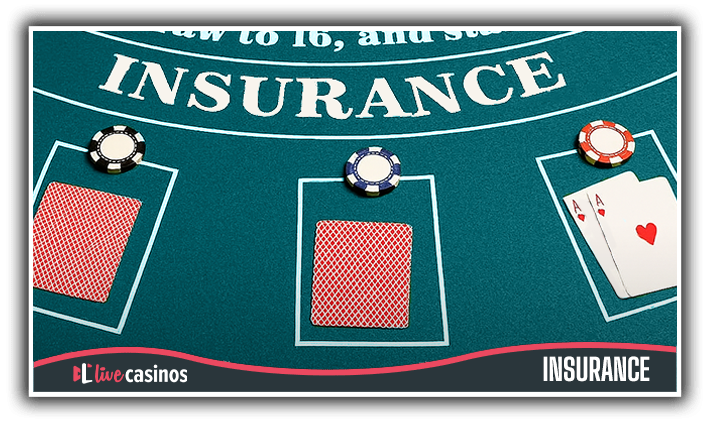

 Facebook
Facebook
 Pinterest
Pinterest
 Twitter
Twitter
 LinkedIn
LinkedIn
 Copy Link
Copy Link 





























